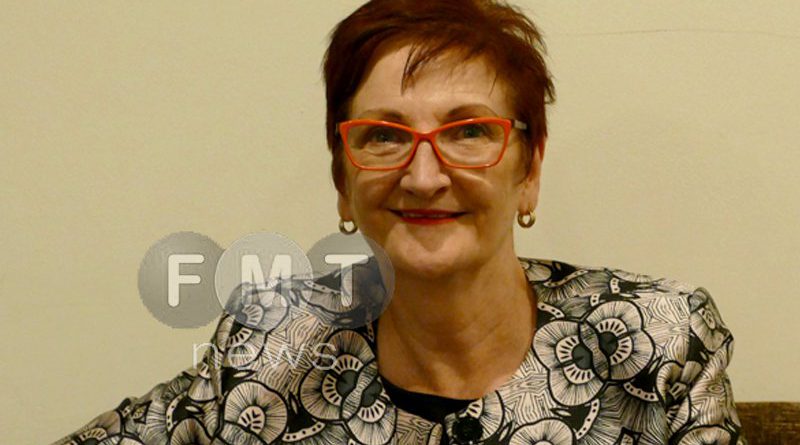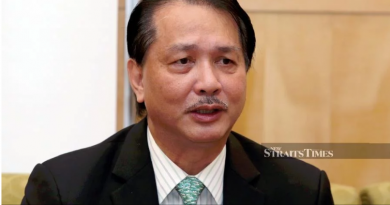Don’t open ‘floodgates’ for marijuana, expert warns Malaysia
KUALA LUMPUR: A prominent cancer control expert has urged Malaysia to exercise caution as it reportedly starts discussions to legalise medical marijuana for medical use, saying opening the “floodgates” for cannabis is not a sound idea.
Prof Sanchia Aranda, outgoing president of the Union for International Cancer Control (UICC), told FMT the use of “alternative” treatments, like cannabis, had become a challenge in the treatment of cancer as contemporary medicine is sidelined.
“Legalising herbs like medical marijuana is happening right now in Australia, in New South Wales and Victoria particularly, with pathways being paved through funded clinical trials.
“There is very little evidence based on current knowledge that medical marijuana will cure cancer. There are cases where it assists in relieving symptoms of pain or anxiety, but we need to let science catch up first.
“I recommend that if Malaysia is looking into legalising medical marijuana use, they should not open the floodgates on this.
“Consider Australia’s approach where trials are being funded to collect new data and see if it works.”
This comes in the wake of public outrage over the death penalty handed down to a 29-year-old man convicted of possessing and distributing medicinal cannabis oil. Even Prime Minister Dr Mahathir Mohamad had spoken out against the sentence.
Malaysia has extremely strict anti-drug laws, as is the case with most Southeast Asian countries. Little distinction is made between marijuana and hard drugs like cocaine and drug trafficking is often punishable by death.
Bloomberg recently reported the Cabinet as having “very briefly” discussed the medicinal values of marijuana. It also said informal talks were underway on amending relevant laws for this to be made legal.
Speaking on the sidelines of the World Cancer Congress here, Aranda said cancer patients who take to alternative means of treatment will see their survival rates “drop remarkably” as their cancers would have become more advanced by the time they return to conventional medication.
Although recognising medical marijuana has its merits, Aranda, who is also the CEO of Cancer Council Australia, said patients should “not be forced” to choose “risky” and unproven means of treatment.
“If Malaysia plans on doing this, they need to ask whether it is entirely beneficial, and beneficial to whom. Using medical marijuana is not as simple as it sounds.
“It has side effects when used with conventional medication, and side effects when used on its own.”
Aranda said there was no evidence of anti-cancer effects and it remained to be seen if medical marijuana use was superior to other measures for managing pain and other symptoms.
She reiterated she “didn’t have a problem” with alternative treatments, but urged that the issue be studied in depth first.
“It’s not like alternative means are cheaper, anyway. Undue harm can come from too much treatment as well, whether it is from western medicine or traditional systems. It’s a complicated discussion.”
Bloomberg had quoted Water, Land and Natural Resources Minister Dr Xavier Jayakumar as saying he would be lobbying for more support among ministers on the matter and hold formal discussions to get feedback from the grassroots.
Source: FMT




